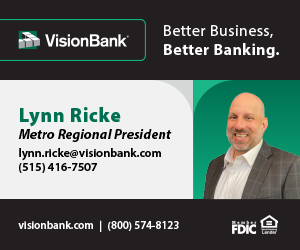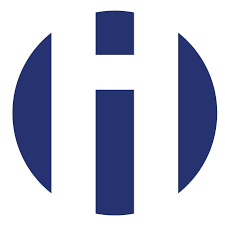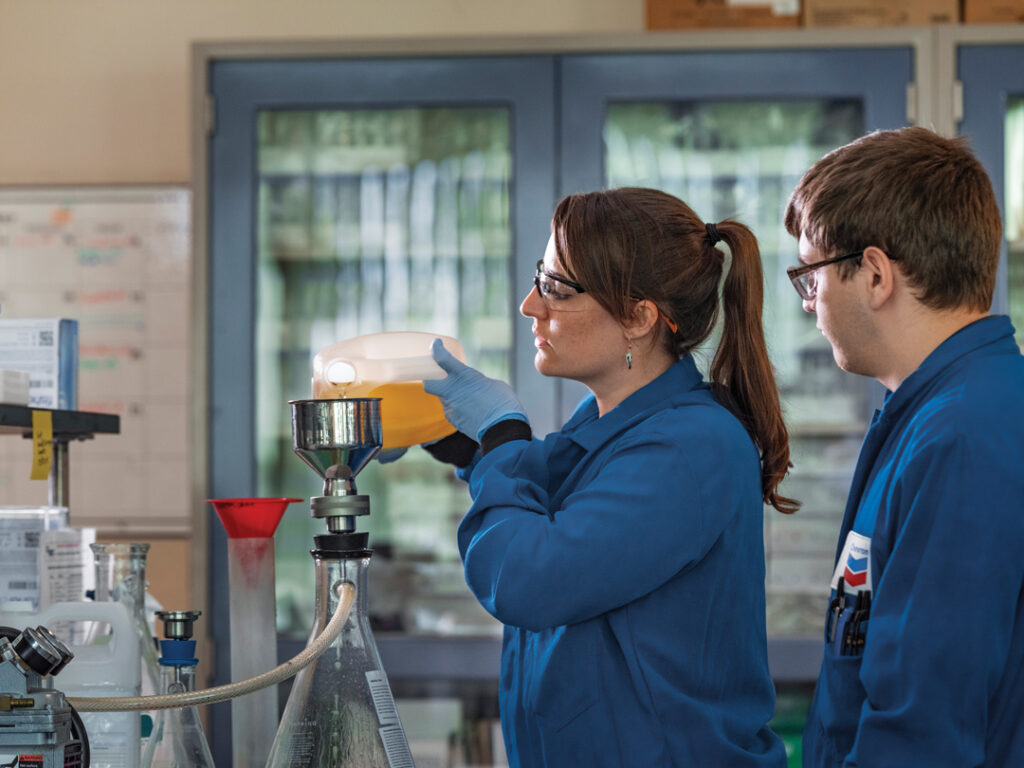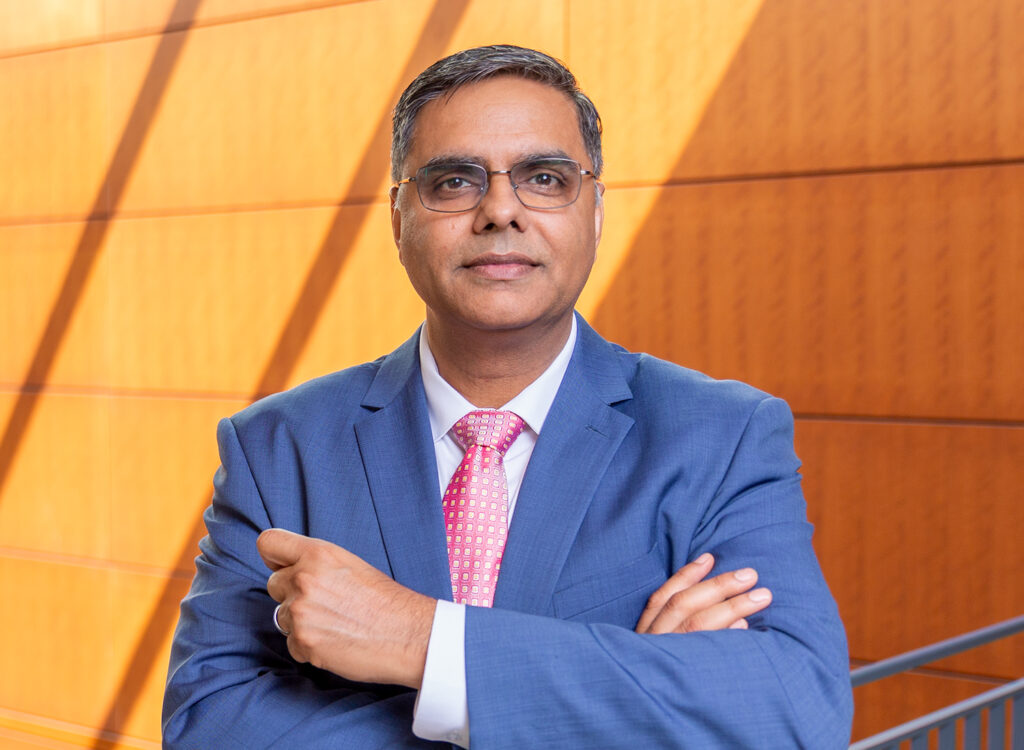Q & A with university provosts

The provosts of Iowa’s three public universities and Des Moines Area Community College recently participated in a higher education panel discussion hosted by the West Des Moines Chamber of Commerce.
On the panel were:
– P. Barry Butler, provost and executive vice president, University of Iowa
– Kim Linduska, provost and executive vice president, Des Moines Area Community College
– Jonathan Wickert, provost and senior vice president, Iowa State University
– Jim Wohlpart, provost and executive vice president, University of Northern Iowa
Three of their responses were highlighted in the Nov. 13 edition of the Business Record. Here are additional questions the provosts addressed during the discussion.
Q: There is a call for change by higher education institutions. How are you responding?
Linduska: We are working very specifically to find out the needs of the employers we serve, exactly what kinds of skills are needed as our students graduate and enter the work world and how we can help those industries to continue to help students learn. … There is no one clear path to a career for many students. It may be a four-year degree, but it may be a two-year degree plus two years, or it may be work and school. Lots of people don’t take that direct path, and I think all of us work very well together to find the right path for them.
Q: More and more pressure is being placed on higher education to prepare students professionally for the workforce. What is the role of a liberal arts education in preparing students for careers?
Wickert: There has been a trend in recent years in what I sometimes call the commoditization of higher education. Certainly preparing them for successful careers is important, but another important part is educating students to have successful lives and to be critically informed citizens who make important decisions throughout their lives. … The liberal arts education really serves that mission.
Every time I meet an employer about ISU students, I ask for feedback: “If there’s one thing we could tweak in our program, what would it be?” I’ve never heard them say (graduates) need to be better programmers in C++ or know their differential equations better. What I have heard is they need better teamwork skills, ethical decision-making skills, foreign language skills, knowledge of other cultures and religions. That richness is very important to us at Iowa State.
Q: What other types of activities beyond classroom learning are institutions doing to advance learning?
Wohlpart: What is essential in all the institutions is the high-quality learning that’s going on in the classrooms. … But the other thing that’s more and more out there in the research from companies and corporations in terms of what they’re looking for is not simply that skill development and knowledge development. … What employers are looking for more and more is that engagement outside the classrooms (internships, service learning projects with nonprofits, research). That engagement is a crucial piece of education that is essential, and I think we have to elevate that and make it even more intentional than we have in the past because we know it’s part of what’s expected when they leave.
Q: What’s the biggest organizational challenge you have?
Wohlpart: One of the biggest organizational challenges you face, especially as an administrator, is all of the accountability from the state and federal governments that we have to handle. All of the reports that we have to write, all of the benchmarks we have to track on a continuous basis, and not really having the staff to handle that. And as you add the layers of administrators to handle all those things, the faculty get very upset and you’re taking resources away from advancing the quality of programs. … A lot of reports that quite frankly people acknowledge will be set in a drawer.
Butler: For me, it’s this balance of the professional schools and the undergraduate programs. We have 11 colleges; six of them are professional/health science and law. They’re a different type of student; they’re driven by different business models. You deal with that in the morning, and in the afternoon you’re recruiting first-year students for undergraduate programs. That can be a challenge, quite honestly.
Wickert: An organizational challenge at ISU would be our growth. We’ve grown significantly over the past five years. … It’s great to have the growth and demand. With that growth, it creates a set of challenges. We’ve had to be creative in how we use our classrooms and our instructors; we are building up dining and housing space. It’s a challenging role and one we continue to work very diligently.
Linduska: For (DMACC) it’s the size of our districts. We have six campuses and four fairly large centers. The needs in Carroll are very different than downtown Des Moines. We’re trying to work with the employers and businesses to offer the programs and services that fit that community. Trying to meet everyone’s needs is a huge challenge. Another organizational issue we face is hiring future leaders. We’re looking at many retirements over the next few years, and a lot of people aren’t as excited about going into higher education as they used to be.









